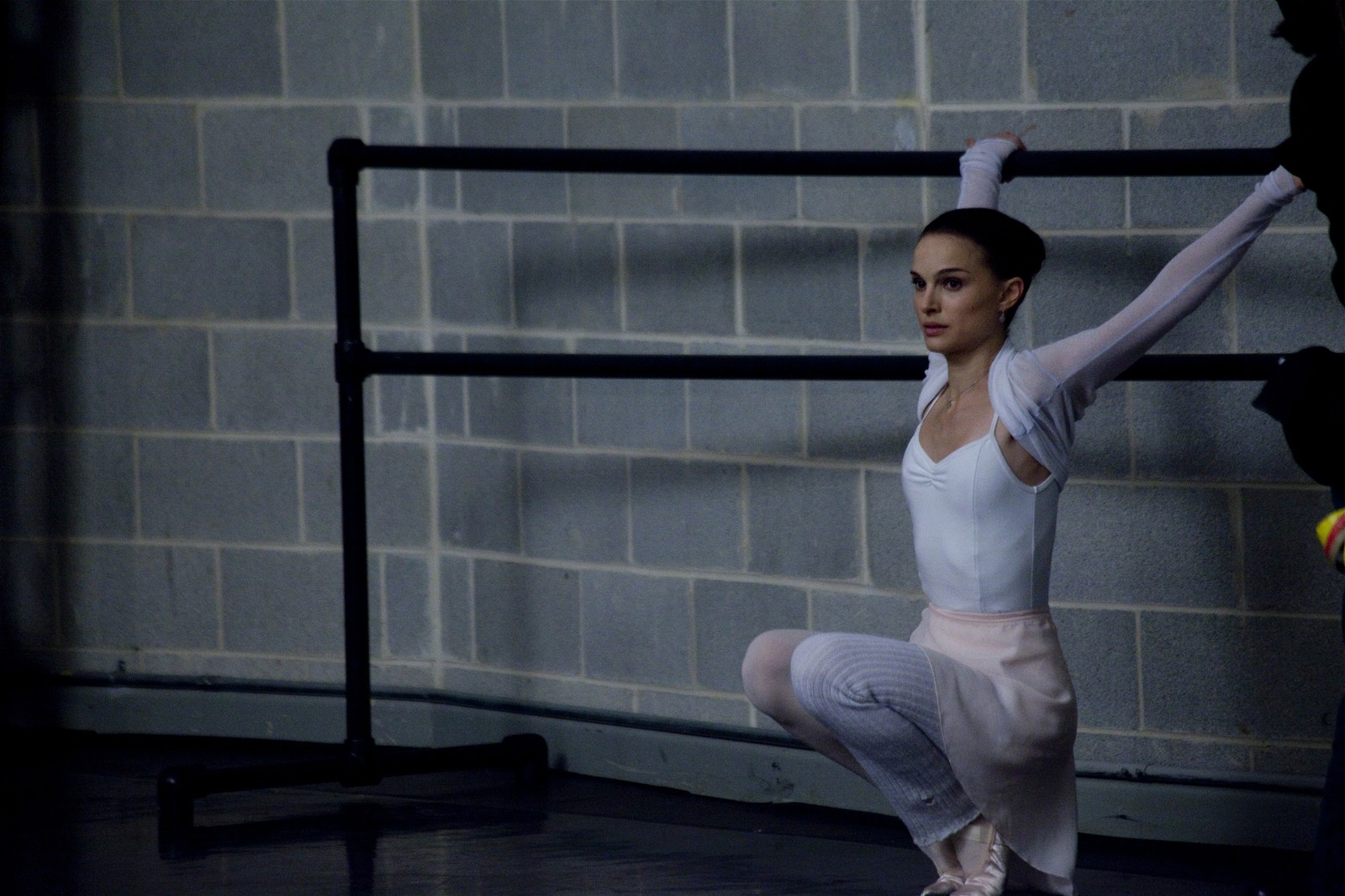The psychological thriller Black Swan is a testament to the power of performance and the thin line between art and obsession. Directed by Darren Aronofsky, the film showcases the intense rivalry between two ballerinas, played by Natalie Portman and Mila Kunis. However, the tension wasn’t limited to the silver screen. Behind the scenes, Aronofsky employed a unique strategy to fuel the on-screen rivalry, a tactic that blurred the lines between reality and fiction.
“Natalie’s Doing So Much Better Than You“: Darren Aronofsky’s Psychological Game

Aronofsky, known for his unconventional methods, decided to stoke the fires of competition between Natalie Portman and Kunis. He would compliment each actress on the other’s performance, creating an atmosphere of rivalry. Portman recalls,
“He didn’t want us to be friends while we were shooting, because we’re rivals in the movie. So we both had to do this ballet training, but he would make it at different times, and then he would tell me, ‘She’s doing really well,’ and then tell her, ‘Natalie’s doing so much better than you.'”
The grueling ballet training both actresses underwent further intensified this psychological game. Portman committed to her role and even funded her own ballet lessons before the movie was officially financed. Mila Kunis, who had ballet experience as a child, also faced the rigors of professional training.
The Tension Translates to Triumph

The tension Aronofsky created off-screen translated into powerful performances on-screen. The raw intensity of the rivalry between Portman and Kunis was palpable, adding a layer of authenticity to their characters’ competitive relationship. Critics preserved this dynamic. The film received widespread acclaim, with particular praise for the lead actresses’ performances. Portman’s dedication and transformative performance earned her an Academy Award, a testament to the effectiveness of Aronofsky’s strategy.
The Aftermath and Legacy of Black Swan

Despite the on-set tension, Portman and Kunis maintained their friendship after the cameras stopped rolling. The experience, while challenging, had a significant impact on their careers and personal lives. The film’s success also extended to the box office, grossing over $300 million worldwide.
The audience reception was overwhelmingly positive, with the movie earning a place in modern cinema as a psychological masterpiece. The legacy of Black Swan is a testament to the power of performance, the thin line between art and obsession, and the lengths artists will go to for their craft.
Black Swan is a fascinating case study of the interplay between directorial strategy, actor performance, and cinematic success. It shows how off-screen dynamics fuel on-screen performances, leading to critical acclaim and success at the box office. The film’s legacy continues to inspire, reminding us of the power of cinema to blur the lines between reality and fiction.
Source: Cheat Sheet










